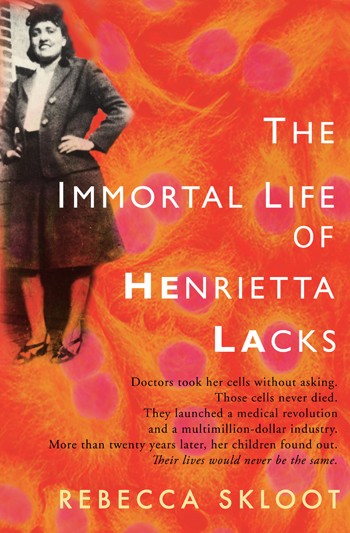Memphis was favored last week with a visit from state Attorney General Herb Slatery — who turns out, by the way, to have a brother living here and, in a luncheon address to members of the rotary Club of Memphis, said some appropriately nice things about his host city. In almost every way, in fact, General Slatery was a particularly agreeable visitor. We especially enjoyed his recollection of the “historic” occasion in 2014, when Governor Bill Haslam came to town and swore in, on a single day, “an African American, a Jewish man, and a woman” — to wit, Appellate judges Kenny Freeman and Arnold Goldin, and Supreme Court Justice Holly Kirby.
We appreciate his pride in recounting that moment of diversity and share in it, vicariously. However, if we’d had our druthers, Slatery, who is Tennessee’s preeminent legal officer, would have been more forthcoming about some of the more current issues of inclusiveness.
One of them was highlighted in the form of a question directed to Slatery about an imminent clash between the jurisdictions of state and nation. The issue was a directive — actually, a letter — from the Obama administration offering “guidance” on the matter of whether transgender students should be allowed by schools to use bathroom facilities of their declared (as against their birth) gender. The letter, issued jointly by the Justice Department and the Education Department, declared, in the words of U.S. Attorney General Loretta Lynch, “There is no room in our schools for discrimination of any kind, including discrimination against transgender students on the basis of their sex.”
In all candor, the federal letter, shrouded in several layers of ambiguity, was not exactly a model of clarity and directness. Nor was it terribly forthright about the extent of its legal authority or whether a mandate per se was being proclaimed. There was language to the effect that failure to comply could invite financial sanctions under Title IX of the Civil Rights Act. Its essential import was clear enough: Transgender Americans should be allowed to use the bathroom of their choice.
As it happens, the aforementioned General Assembly had, in its most recent session, rejected a bill that would explicitly have sanctioned the opposite premise, prohibiting transgenders from exercising such a choice. As it also happens, Slatery himself had contributed to the bill’s withdrawal, in April, by advising legislators that loss of Title IX funding could follow passage of such a measure.
Yet Slatery and, officially, Tennessee have now joined 10 other states in a lawsuit challenging the federal government over the bathroom directive. As the Attorney General said in Memphis last week, “The people of Tennessee should have a voice in [the] process, and we’re having a hard time finding where that voice was.”
For ourselves, we’re having an even harder time finding where the voice of state government is regarding a sensitive matter on which, arguably, it has been on both sides of the issue. Without much optimism, we await further word.
